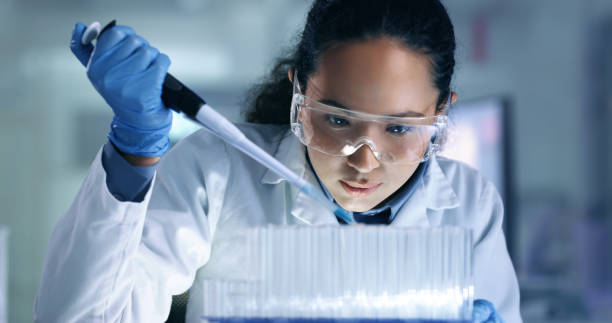The scientific method is a systematic, logical approach scientists and researchers use to investigate natural phenomena and acquire new knowledge. It’s a process that involves making observations, forming a hypothesis, conducting experiments, collecting and analyzing data, and drawing conclusions. Here’s a more detailed breakdown of the scientific method:
1. Observation:
- The scientific process often begins with an observation or a question about the natural world. Observations can be qualitative (descriptive) or quantitative (involving numbers or measurements).
2. Research:
- Scientists research the topic to gather existing knowledge and understand what is already known. This literature review helps in forming a hypothesis.
3. Hypothesis:
- A hypothesis is a clear, testable, and falsifiable statement that predicts the outcome of an experiment. It’s often an “if-then” statement that proposes a cause-and-effect relationship.
4. Experimentation:
- Researchers design experiments to test the hypothesis. These experiments are conducted under controlled conditions where variables are manipulated and controlled to observe their effects.
5. Data Collection:
- During the experiment, data is collected. This data can be qualitative or quantitative, and it forms the basis for drawing conclusions.
6. Analysis:
- Collected data is analyzed statistically and graphically to identify patterns, relationships, or trends. This analysis helps scientists draw meaningful insights from the experiment.
7. Conclusion:
- Based on the analysis, scientists draw conclusions regarding the validity of the hypothesis. If the data supports the hypothesis, it may be accepted. If not, the hypothesis is rejected or modified.
8. Communication:
- Scientists communicate their findings through research papers, presentations, or other forms of publications. Peer review is an essential part of the scientific process, ensuring the quality and validity of the research.
Key Principles of the Scientific Method:
- Empirical: Scientific knowledge is based on empirical evidence, i.e., evidence that can be observed and/or measured.
- Reproducible: Experiments and studies should be reproducible by other researchers to validate the results.
- Predictive: Scientific theories should have predictive power, allowing scientists to make accurate predictions about future events or observations.
The scientific method is iterative, meaning that new observations or experimental results can lead to the modification of existing hypotheses or the formulation of new ones. It’s a self-correcting process that forms the foundation of scientific inquiry, ensuring that scientific knowledge is reliable, accurate, and continually evolving.
